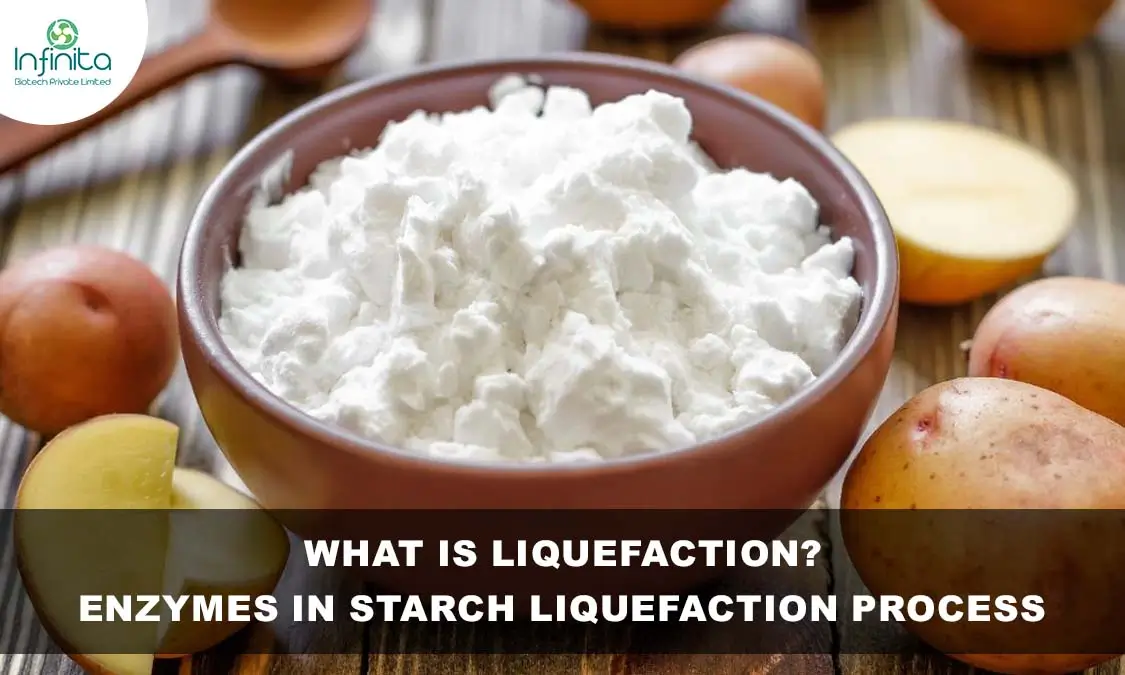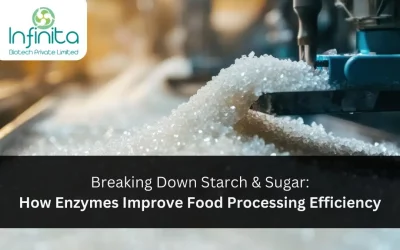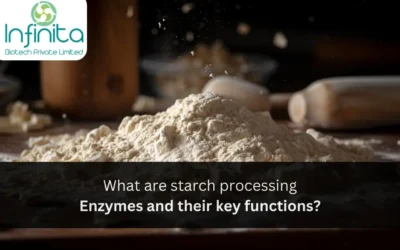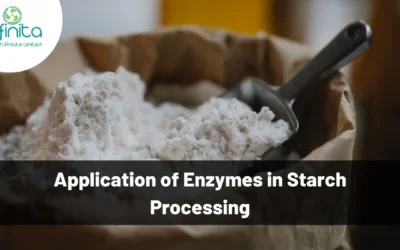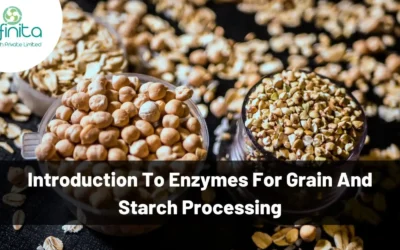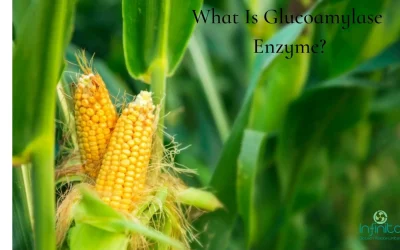Many industries like food, beverage, and pharmacy use sugar as a strategic sweetener and prefer liquid sugar for it. On the other hand, people use crystal sugar for domestic usage. The crystallisation process in sugar production units is highly energy-intensive. Since the production process of liquid sugar doesn’t include crystallisation, industries that need sugar as a sweetener prefer liquid sugar because they save a considerable amount of energy.
Starch is the essential raw material used in liquid sugar production. Liquid sugar, also called glucose syrup, is a condensed solution gained from starch by enzyme hydrolysis.
The enzymatic procedure to hydrolyse starch is a more effective and simple process than acid hydrolysis. The process is basically divided into two phases – liquefaction and saccharification.
Liquefaction: An Overview
The liquefaction process includes the gelatinisation of the starch and its treatment with alpha-amylase (𝛂-amylase). The 𝛂-amylase breaks down the starch into even-sized chains, resulting in maltose, dextrin, malt-pentose, and malt-triose. This process is followed by saccharification, the second stage of enzymatic hydrolysis of starch.
Effect of liquefaction time and enzyme addition on liquid sugar production
Glucose production will be greater if there is a longer hydrolysis process. The process can be prolonged with longer liquefaction, resulting in increased glucose content. With a longer liquefaction time, higher glucose content can be obtained since it helps in better fragmentation of starch into glucose. However, an excessively long liquefaction process and enzyme addition can have an adverse effect. It may happen due to a specific activity of α-amylase.
During enzyme hydrolysis, it is essential to run the liquefaction effectively with the right timing; otherwise, the desired result wouldn’t be gained. The effectiveness of the liquefaction process can be ensured by proper conditions for processing and adding the right amount of enzymes.
Types Of Enzymes Used In Starch Liquefaction Process
Different enzymes can optimise the starch liquefaction process in terms of quality, cost, and efficiency of the process, considering a range of conditions. The following are the widely used enzymes in the starch liquefaction process;
Alpha-amylases
Alpha-amylase breaks down the starch under the right circumstances, initiates the liquefaction process and converts starch into liquid sugar. It is an enzyme that initiates the degradation of starch molecules and hydrolysis of starch to break it into small chains. Nearly all living organisms widely produce this enzyme. These enzymes have applications in various food-related industries, and the liquefaction of sugar is a primary one among them. Apart from that, they are used during baking as an antistaling agent in bread.
Where To Get Enzymes For Liquefaction?
Starch liquefaction is a process utilised by numerous industries like food, beverages and pharmaceuticals; therefore, liquefaction enzymes have numerous applications in these industries. If you are operating an industrial unit and need enzymes for liquefaction but don’t know where to get them, Infinita Biotech is the solution. We are one of India’s leading biotech firms known for our assorted range of industrial enzymes and solutions. The array of solutions and products offered by us deliver numerous benefits that conventional chemicals and processes can not provide. With products and solutions provided by Infinita Biotech, industrial units can have the benefits like optimum quality, reduced production cost, minimal wastage and lower consumption of energy.
